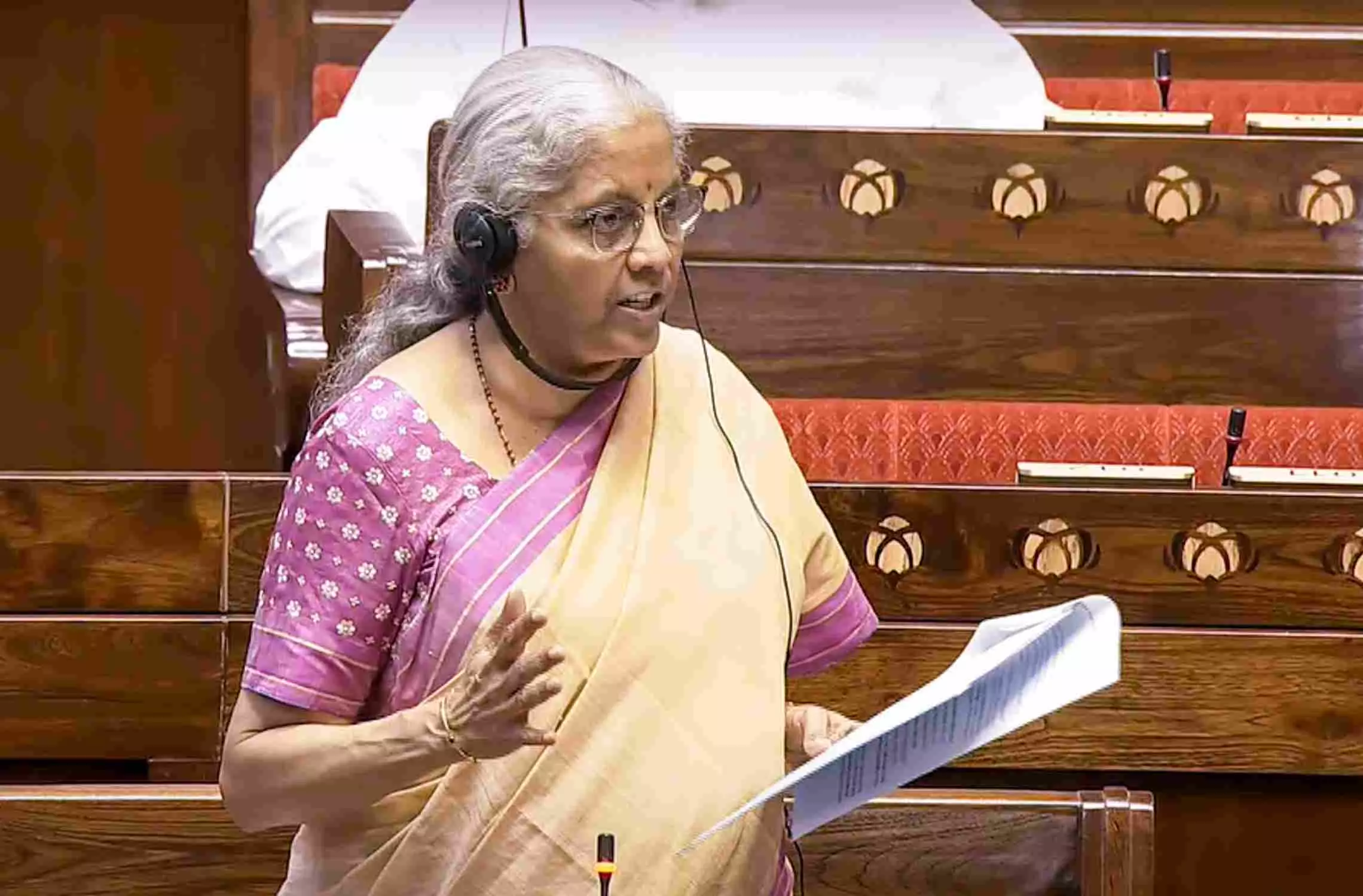
Will the revised Income Tax Bill simplify laws and reduce litigation?
The revised Income-Tax (No. 2) Bill, 2025, accepts most of the recommendations of the Select Committee, promising clearer rules on property income, refunds, and MSME taxation

Finance Minister Nirmala Sitharaman on Monday (August 11) introduced the modified Income Tax bill in the Lok Sabha after including “almost all of the recommendations of the Select Committee.”
Introducing The Income-Tax (No.2) Bill, 2025, Sitharaman said the bill seeks to consolidate and amend the law relating to income tax and will replace the Income Tax Act, 1961.
“Almost all of the recommendations of the Select Committee have been accepted by the government. In addition, suggestions have been received from stakeholders about changes that would convey the proposed legal meaning more accurately,” said the statement of objects and reasons of the bill.
Also read | Govt withdraws Income Tax Bill 2025, new version to be tabled on Aug 11
The earlier draft, introduced in the Lok Sabha on February 13, 2025, was withdrawn last week. The withdrawal of the old draft has drawn flak, with concerns that the time and effort spent on the earlier version may go to waste. The government, however, has defended the move as essential for legislative efficiency.
Simplifying tax laws
The bill aims to simplify tax laws, reducing complexity and litigation for individual taxpayers and MSMEs.
It proposes to reinstate deductions for inter-corporate dividends for select companies, remove deadlines for tax refunds, permit taxpayers to claim refunds after filing returns, enable issuance of NIL TDS certificates, clarify the definition of “relative” to avoid ambiguity, and allow deduction of pre-construction interest on borrowed capital for let-out properties.
The definitions of “non-performing assets (NPAs)” and “parent company” have been refined for greater clarity. The committee also recommends that anonymous contributions should not disqualify NGOs and charitable trusts from tax exemptions. For individuals, it proposes issuing NIL tax deduction certificates to maintain a cleaner and more comprehensive income record, along with waiving certain penalties where non-compliance is deemed unintentional.
Ensuring fairer assessments
The bill introduces safeguards to ensure fairer assessments, mandating that tax officials issue notices and review taxpayer responses before taking action. Adopting a digital-first approach, it promotes automation and faceless procedures to improve convenience and curb corruption. It also seeks to simplify legal language, replacing the dense terminology of the 1961 Act with clearer, more accessible wording for easier public understanding.
Among its other recommendations, the Select Committee proposed aligning the definition of micro and small enterprises with that in the MSME Act. For non-profit organisations, it sought clarity on the distinction between “income” and “receipts,” the treatment of anonymous donations, and the removal of the deemed application concept, measures aimed at preventing legal disputes.
The report also recommended amendments in the bill for clarity on advance ruling fees, TDS on provident funds, low-tax certificates, and penalty powers.
Income from house property
The bill includes key provisions for income from house property. It retains the existing method of calculating the annual value of vacant properties, removing ambiguous terms like “in normal course.” As under the current law, the higher of the actual rent received or the deemed rent will be taxed.
Also read | New rules about ITR disclosures, capital gains, foreign income: Explained
Homeowners can claim a 30 per cent deduction on the annual value of their property after deducting municipal taxes, in line with earlier provisions. Additionally, interest paid during the pre-construction period of a home loan will now be deductible for rented (let-out) properties as well as self-occupied ones.
Meanwhile, the revised bill allows full deduction for commuted pension, thereby clarifying treatment for pensioners with specified funds like LIC or NPS. It also grants new or clearer exemptions for Unified Pension Scheme (UPS) subscribers.
The revised bill is expected to benefit taxpayers, particularly small business owners and MSMEs, by reducing tax complexity and litigation.

